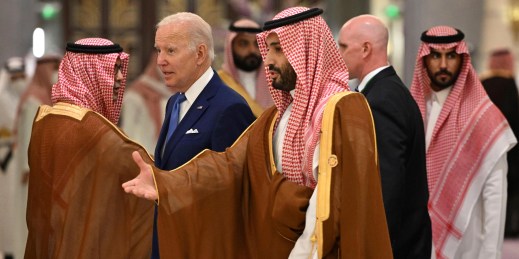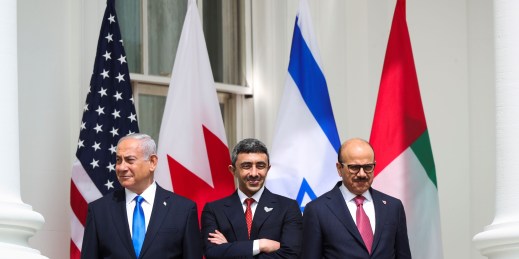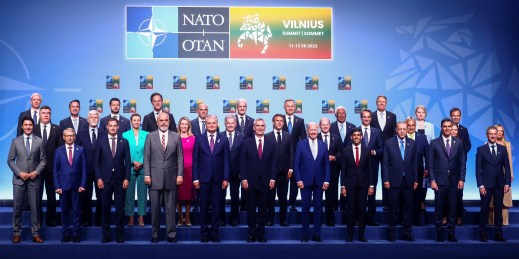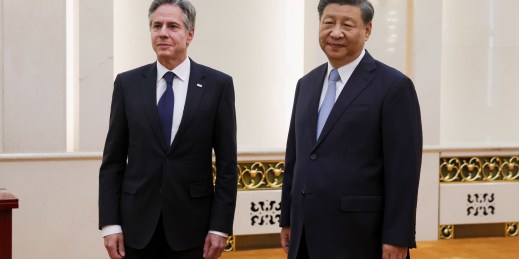
Back in March, Saudi Arabia reportedly offered to join the Abraham Accords in exchange for the transfer of U.S. civil nuclear technology, among other things. Washington is reluctant to do so, as that technology could be used to develop nuclear weapons. But a nuclear-armed Saudi Arabia should not be particularly concerning for Washington.




